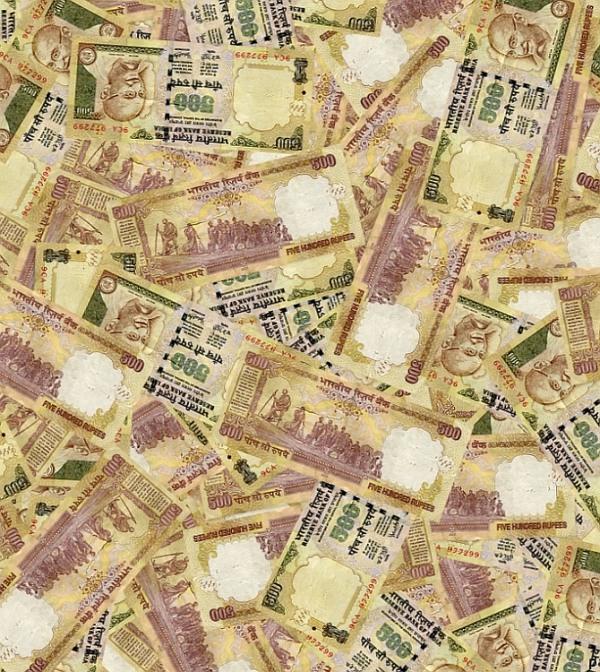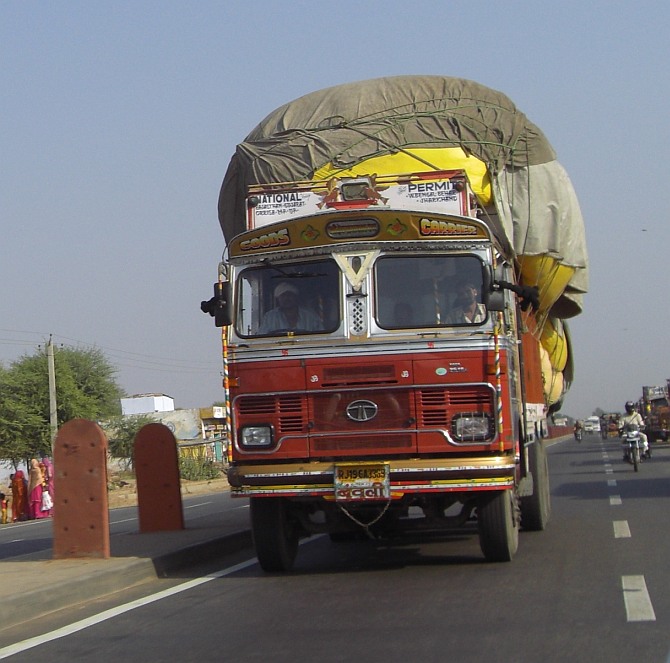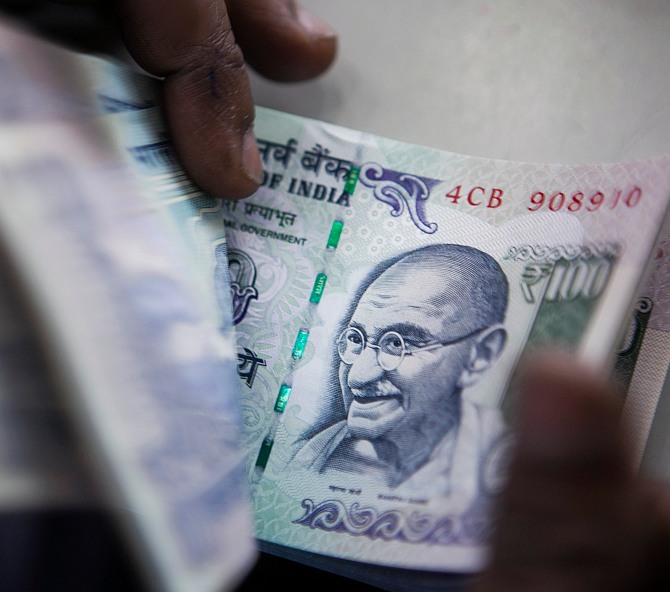
Operators like Chor Babulal supply weapons in constituencies where violence is necessary to win votes as well as money for many politicians.
Rediff.com's Vicky Nanjappa unravels how dirty election money reaches voters.
Obscene amounts of money are being recovered from across the country by Election Commission officials this poll season.
Despite these seizures, the source of funds largely remains unknown.
Chor Babulal, an arms dealer in his late 70s, could provide some insights.
Babulal allegedly runs one of the biggest election money rackets in the country.
His name cropped up following the recent Rs 9 crore (Rs 90 million) cash haul in Karnataka's mining district of Bellary.
A native of Rajasthan, Babulal's customers, investigators say, are politicians and gangsters.
Investigators tell Rediff.com that not only does Babulal supply weapons in constituencies where violence is necessary to win votes, he moves money around too for many politicians.
Despite the Election Commission capping the spending limit for politicians, money still reaches voters.
Kindly ...

"The night before the election," a resident of a Bellary slum told Rediff.com, "I am given Rs 5,000 and told which party to vote for. I vote for that party only."
For an assembly election, voters are paid bribes ranging from Rs 3,000 to Rs 5,000. That amount doubles for a Lok Sabha election.
An investigator told Rediff.com, "Two months prior to the election, the politician sends her/his emissary to Rajasthan to meet with people like Babulal. They discuss the amount of money needed."
"In exchange for his cash, Babulal insists that the politician provide land deeds or some other asset as a guarantee. The deal is finalised once the papers are handed over. The next call is made only as the campaign begins."
"The money is transported to the constituency in gunny sacks, mostly on trucks carrying some other material. Detection is extremely difficult since there are so many trucks coming in with thousands of bags. Normally, the Election Commission picks up information only when a rival politician tips them off."
In the Bellary haul, the Election Commission may have seized Rs 9 crore in cash, but a large amount of money may have eluded detection.
Once in the constituency, the money is handed over to the politician's point person who distributes it among party workers for distribution to voters.
Kindly ...

While interrogating carriers, the police obtain the names of the political parties to which the money belongs. However, connecting the seizure with specific candidates is impossible.
Who bears the loss of the seized cash?
The politicians, of course.
The likes of Babulal make it clear that they do not take responsibility in the event of a seizure.
Babulal's track record for 20 years, investigators say, has been good.He delivers the amount nine out of ten times.
Losing cash worth Rs 10 crores (Rs 100 million) to Rs 15 crore (Rs 150 million) is a risk candidates are prepared to take in a high stakes election battle.
Once the elections end, candidates repay the money to people like Babulal and get their land deeds back.